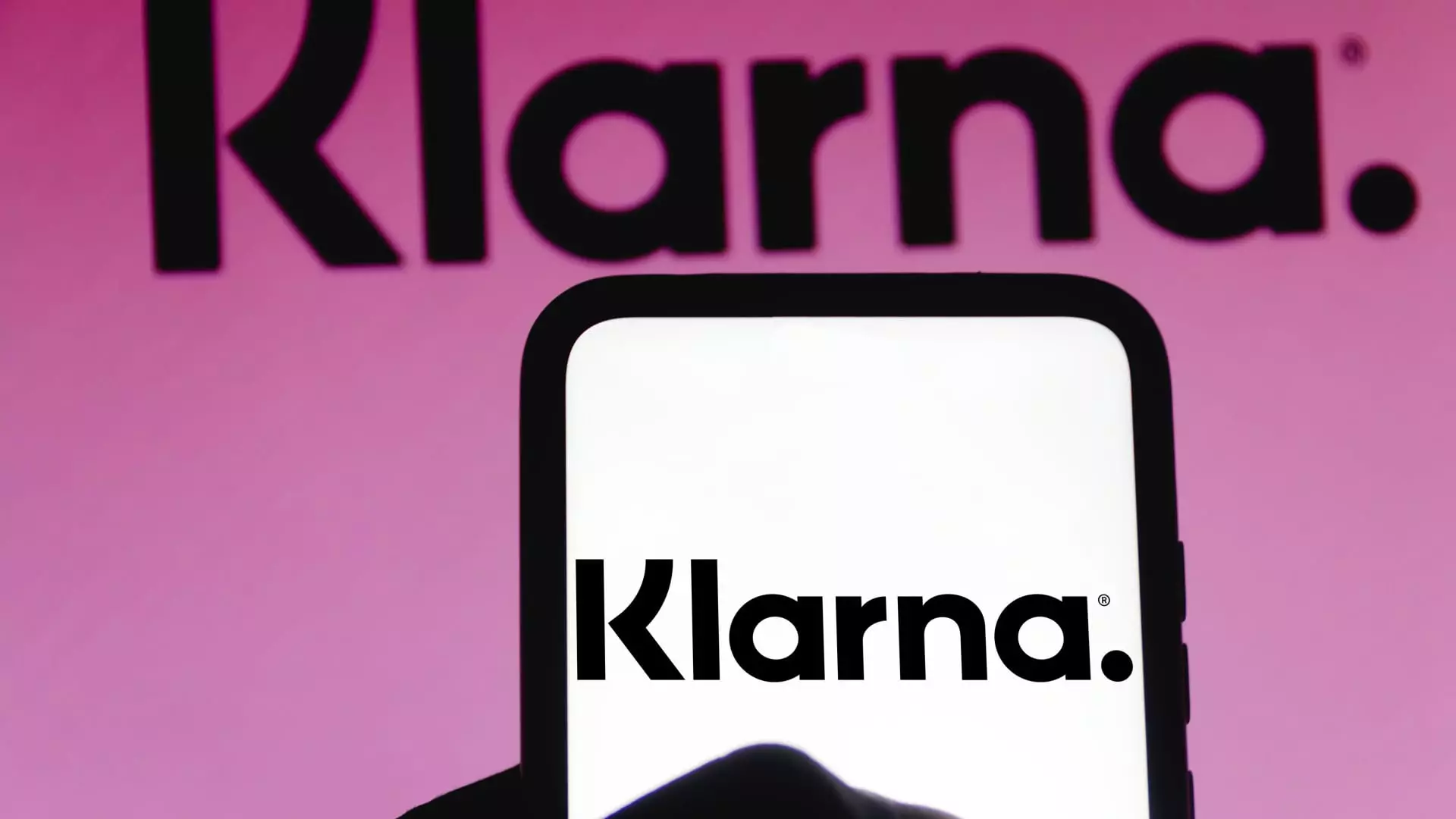Klarna, a leading Swedish financial technology company, has reported that nearly 9 out of 10 employees in its workforce are now utilizing generative artificial intelligence tools in their daily work. This represents a significant shift towards incorporating AI technology into various aspects of the company’s operations. In fact, over 87% of Klarna’s employees are currently leveraging generative AI tools, including popular platforms like OpenAI’s ChatGPT and the company’s own internal AI assistant.
Interestingly, the biggest users of generative AI within Klarna are individuals in non-technical groups such as communications, marketing, and legal departments. According to Klarna, approximately 92.6% of employees in the communications team, 87.9% in marketing, and 86.4% in legal are actively using generative AI tools. These statistics indicate a higher adoption rate within Klarna compared to the broader corporate world, where only 61% of computer users incorporate generative AI programs in their daily work.
One area where generative AI has had a significant impact at Klarna is in the legal department. Klarna’s lawyers are utilizing OpenAI’s ChatGPT Enterprise to create first drafts of common types of contracts, reducing the time it takes to draft up a contract. Selma Bogren, senior managing legal counsel at Klarna, highlighted the efficiency gains, stating that instead of spending an hour on drafting a contract, they can now accomplish the task in just ten minutes with the assistance of AI technology.
As Klarna navigates the changing landscape of the financial technology industry, the company has emphasized the role of AI in driving profitability and efficiency. In response to economic challenges, Klarna made the strategic decision to lay off around 10% of its global workforce in 2022 to reduce costs. This move, coupled with the increased adoption of generative AI tools, has enabled Klarna to report its first quarterly profit in four years for the September quarter. The company attributes this success to a reduction in credit losses and investments in AI technology.
One of the standout examples of AI’s impact at Klarna is the transformation of customer service through the AI chatbot. Klarna revealed that its AI chatbot, Kiki, is now capable of performing the work equivalent to 700 full-time customer service jobs, resulting in an impressive $40 million in savings for the company. This demonstrates how AI technology can streamline operations, improve efficiency, and drive cost savings for organizations like Klarna.
Klarna’s widespread adoption of generative AI tools has reshaped the way employees across various departments work and collaborate. From legal contract drafting to customer service operations, AI technology has proven to be a valuable asset in driving efficiency and profitability for the company. As Klarna continues to innovate and leverage AI capabilities, its workforce remains at the forefront of technological advancements in the financial technology sector.


Leave a Reply